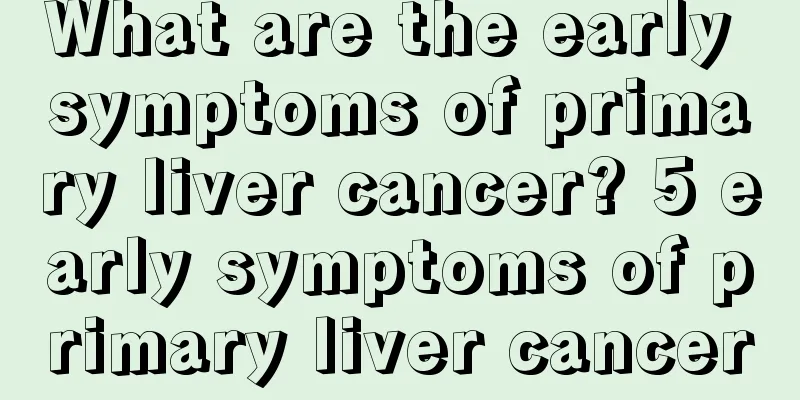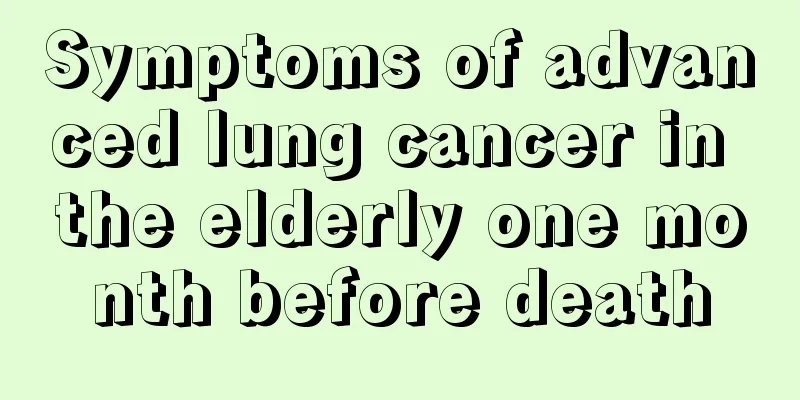There are 6 symptoms of varicose veins in the legs

|
The occurrence of varicose veins in the legs is mostly related to factors such as standing for long periods of time, traveling long distances, and fatigue. Therefore, people who often experience the above-mentioned conditions in life must always pay attention to the condition of their legs. If symptoms of varicose veins in the legs appear, they must seek medical treatment in time. So what are the symptoms of varicose veins in the legs? In fact, there are 6 types. The first is venous thrombosis. 1. Venous thrombosis Some patients may develop blood clots in the varicose superficial veins, which manifests as local redness, swelling, pain, lump formation, and pain that affects walking. If not treated promptly, the thrombus may spread upward or through the communicating veins to the deep veins, causing deep vein thrombosis and the risk of life-threatening pulmonary embolism. Patients with long-term varicose veins have weak venous walls and high venous pressure. In addition, insufficient local blood supply causes atrophy of muscle and fat tissue. Varicose veins protrude under the skin, and ulcers will occur even with slight injuries, and the venous walls are easily damaged. 2. Bleeding and ulcers The skin in the area where the varicose veins of the lower leg pass is very fragile due to lack of nutrition. Even a slight trauma can easily cause the varicose veins to rupture and cause heavy bleeding. Since there is no pain or other symptoms during bleeding, patients often do not notice it. If it occurs at night while sleeping, it will lead to very serious consequences. 3. Venous injury Patients with long-term varicose veins have weak venous walls and high venous pressure. In addition, insufficient local blood supply causes atrophy of muscle and fat tissue. Varicose veins protrude under the skin, and ulcers will occur even with slight injuries, and the venous walls are easily damaged. 4. Edema and skin pigmentation Due to venous reflux, patients often experience edema in the affected limb that is mild in the morning and severe in the evening. Long-term venous hypertension leads to increased capillary permeability in the calf area, causing red blood cells to rupture after infiltration and deposition of hemoglobin under the skin, causing the skin to darken, from dots to flakes. 5. Affect the beauty of the legs In addition to affecting the appearance of the legs, varicose veins in the lower legs also cause patients to experience soreness, swelling, discomfort and pain in the early stages of the disease. In the later stages, the damaged veins bulge, expand and become tortuous, with the great saphenous vein in the lower leg being the most severe. 6. Necrosis This type of ulcer often occurs on the upper part of the medial malleolus and the lower 1/3 of the medial side of the calf. Due to insufficient blood supply to the tissues, the tissues around the ulcers become thinner, the skin becomes darker and harder, the ulcer wounds do not heal for a long time and are prone to recurrence after healing. |
<<: The symptoms and dangers of varicose veins are actually these four types
>>: What are the symptoms of varicose veins? It turns out that these 9 are all
Recommend
What to do with goldfish eyes
Some people have protruding eyes due to congenita...
Does skin cancer hurt in the early stages?
Early symptoms of skin cancer can occur anywhere ...
What causes brain cancer?
The causes of brain tumors are not very clear. Mo...
Rectal cancer usually causes mucus or bloody stools
Rectal cancer usually causes mucus or bloody stoo...
Is it okay to wash your face with sulfur soap? The efficacy of sulfur soap
I believe everyone has heard of washing your face...
What is the situation of itchy butt
I believe that many people often feel itchy butto...
The symptoms of breast cancer metastasis include the following situations
Breast cancer metastasis is a common condition in...
Is bladder cancer really contagious?
Is bladder cancer really contagious? Bladder canc...
How much does targeted treatment for lung cancer cost per month? How effective is targeted treatment for lung cancer?
Lung cancer is currently a relatively common mali...
Melanoma may be linked to your race
Melanoma may be related to your race. Caucasians ...
Will semen grow bacteria if left for a long time?
People who have had sex will know something about...
What causes right shoulder pain?
Many people have experienced right shoulder pain,...
Does soft-boiled egg contain bacteria?
Soft-boiled eggs are a kind of food that is deepl...
What causes thirst and bitter taste in the mouth?
If you experience dry mouth in your life, it may ...
The difference between spring water and purified water
People are paying more and more attention to thei...









